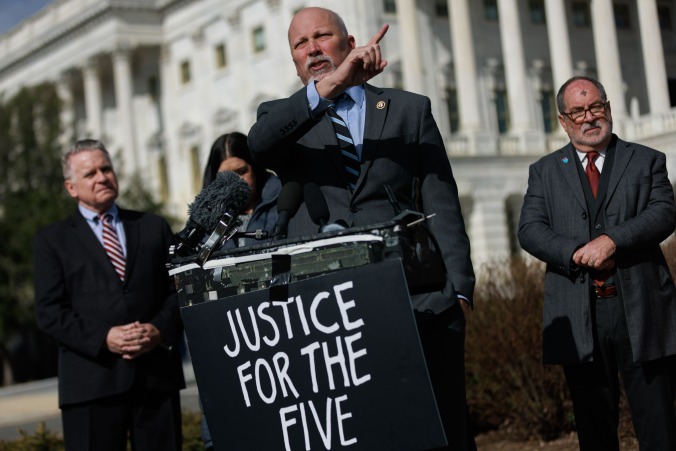Anti-Abortion Activist Who Stole 5 Fetuses Sentenced to 5 Years for Invading Clinic
Lauren Handy's attorneys have already said they want to appeal her conviction to the Supreme Court to reverse a federal law protecting clinics.
Photo: Shutterstock Abortion
A federal judge on Tuesday sentenced anti-abortion activist Lauren Handy—who stole five aborted fetuses from an abortion clinic in 2022—to almost five years in prison for invading a Washington, D.C., clinic in 2020, following her conviction under the Freedom of Access to Clinic Entrances (FACE) Act in August.
Handy’s eight co-defendants, who joined her in illegally invading and blockading the D.C. clinic by chaining themselves together to the premises, received the same sentence. One of her co-defendants assaulted a nurse who then sprained her ankle; another knocked a woman experiencing labor pains to the floor, then blocked her from entering the clinic. Handy’s defense lawyers asked for a one-year prison sentence for her, while prosecutors recommended six years, calling Handy the “criminal mastermind” behind this and other abortion clinic blockades over the years. Handy has been in jail since her conviction, which was unrelated to the stolen fetuses, last summer.
-

-

-

-

-

-

-

-

-

-

-

-

-

-

-

-

-

-

-

-

-

-

-

-

-

-

-

-

-

-

-

-

-

-

-

-

-

-

-

-









































